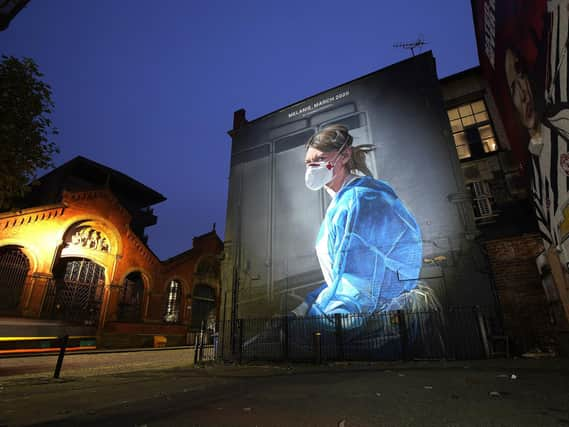NHS nurses and care workers in need of care themselves after pandemic trauma - The Yorkshire Post says


The Royal College of Nursing has warned that NHS nurses are experiencing more sickness, including for anxiety and depression, than before the virus – and that’s prior to the onslaught of a tough winter that they say could soon impact patient care.
The organisation’s analysis of figures for staff sickness from before the pandemic and earlier this year found thousands of days lost to staff absence on already overstretched wards – 73,209 (over 18 per cent) more sick days among nurses and health visitors in May 2021 compared to May 2019.
Advertisement
Hide AdAdvertisement
Hide AdMental health problems, chest and respiratory issues and migraines were some of the ailments reported to be affecting staff.
This is just NHS workers of course. The combination of this and the devastating effect that the pandemic has had on social care workers – who, it has been reported, suffered some of the highest mortality rates by occupation during the first phase of the pandemic and whose sickness absence rates increased as they too dealt with the virus – paints a depressing picture that is no advert for a vocation in need of numbers.
And a vocation it is: these people work mighty shifts but offer something labour statistics cannot convey – the human touch.
The emotional toll on those who have been immersed in the pandemic’s deadly grip is grave and will also weigh on those not included in these figures – those carrying on at work when they are in dire need of care themselves.